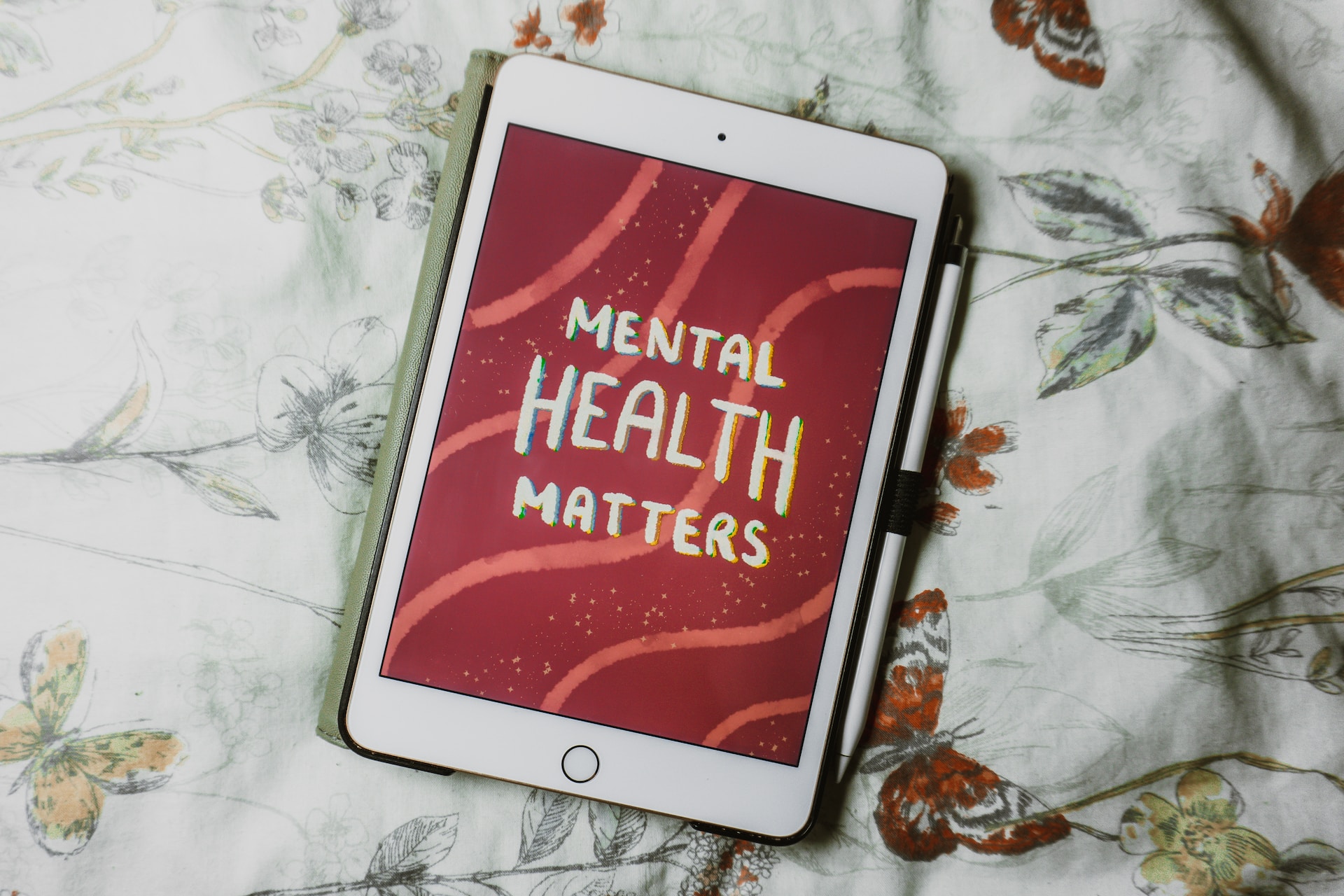As an invaluable tool of mental health care, psychotherapy is a central treatment strategy for a variety of conditions that adversely affect your thoughts, emotions, behaviors, and daily life — ranging from stress, anxiety, and trauma to depression, substance abuse, and ADHD.
While talk therapy involves many different techniques and approaches, it typically focuses on building a strong relationship with your therapist, communicating and creating an open dialog, making connections and developing insight, and actively working to overcome harmful thoughts and behaviors.
Small group counseling is a dynamic form of therapy that offers unique benefits. Limited to no more than eight participants, the small groups at EXIS Recovery Inc. are designed to help you build stronger support ties, nurture a greater sense of connection, and foster healing through a more meaningful experience.
Read on as our seasoned team of mental health experts explores five of the most appreciated benefits of small group counseling.
Key Takeaways
- Small group therapy helps individuals realize they are not alone in their struggles by connecting them with peers who have similar experiences.
- It fosters mutual peer support, where sharing experiences and offering support can be cathartic and boost self-esteem.
- Participants can improve interpersonal skills and practice new communication techniques in a safe and supportive environment.
- Hearing diverse perspectives within the group can lead to fresh insights and a broader range of effective coping strategies.
- Small group counseling nurtures a sense of connection, prompts deep reflection, and instills hope for recovery.
Five Key Benefits of Small Group Counseling
1. Realizing You’re Not Alone
One of the foremost advantages of small group therapy is that it helps people realize they’re not alone. In addition to communicating with a professional therapist, they’re also hearing from and talking to peers who share similar experiences, challenges, thoughts, and feelings.
Whether the group targets a specific problem like depression or social anxiety, focuses on improving self-esteem or social skills, or helps participants learn how to cope with loss, being among people who share common problems or have been down a similar life path can be a revelation — and hugely reassuring.
2. Receiving Mutual Peer Support
Small group counseling sessions may be structured and led by an expert therapist, but each participant plays a pivotal role in guiding and shaping the dynamics of the group. As members listen, share, and offer feedback to one another, they actively create one of the foundational pillars of small group therapy: mutual peer support.
Sharing experiences with — and receiving genuine understanding and support from — others who’ve gone through or cope with similar problems can be cathartic, easing stress, pain, and guilt.
Likewise, being able to offer strength and support to group members who are struggling can boost self-esteem, improve confidence, and help encourage a deeper sense of altruism, or concern for the well-being of others.
3. Improving Interpersonal Skills
By creating a safe, supportive, and nurturing environment, the small group setting is an ideal place for participants to improve interpersonal skills and learn how to better relate to others. This helps foster communication and interpersonal relationships outside the group space, back in the “real” world.
Small groups offer the perfect backdrop for practicing new behaviors and experimenting with different communication techniques without fear of failure. It also gives participants a way to recreate healthy family dynamics in a controlled space.
4. Gaining Fresh Perspectives and Coping Strategies
Regularly talking with and listening to a group of people who share common challenges or similar life experiences is an excellent way to bring fresh insight and new perspective to your own distinct set of problems and concerns.
Even when faced with similar experiences or challenges, people have unique personalities and diverse backgrounds that make them view the same situation in different ways. By getting to know someone else’s story and learning how they’ve made positive changes, you can gain a better understanding of — and control over — your own story and coping mechanisms.
Simply put, small group therapy dynamics encourage you to shift your frame of mind so you can discover a more diverse range of effective coping strategies and solutions.
5. Fostering Connection, Reflection, and Hope
Small group counseling fosters a greater sense of connection among participants, as every individual has ample time to speak about their problems, listen to their peers, engage in mutual support, and interact with the therapist. This intimate, well-balanced process prompts deep reflection and helps spark the kind of “ah-ha!” moments that foster recovery.
For newer or struggling participants, it also helps instill a very real sense of hope — hope for the smaller, “stepping-stone” gains toward recovery, as well as hope for a better, brighter future. Simply bearing witness to the successes in other people’s lives makes it that much easier to visualize yourself on a similar path.
To learn more about the small group counseling services available at EXIS Recovery Inc. in West Los Angeles, California, call 424-832-0848 today, or use our easy online booking feature to schedule a visit with one of our experts any time.
Small group counseling is a form of psychotherapy where a limited number of participants, typically no more than eight at EXIS Recovery Inc., meet with a therapist. It focuses on building support, fostering connection, and promoting healing through shared experiences and mutual support.
Key benefits include realizing you’re not alone, receiving mutual peer support, improving interpersonal skills in a safe environment, gaining fresh perspectives from others, and fostering a sense of connection, reflection, and hope.
By bringing together individuals with similar experiences or challenges, small group therapy helps participants understand that they are not unique in their struggles. This shared understanding can be highly reassuring and reduce feelings of loneliness.
Yes, the small group setting offers a safe and supportive space to practice new behaviors and experiment with different communication techniques without fear of failure, thereby improving interpersonal skills.
Small groups at EXIS Recovery Inc. are limited to no more than eight participants to ensure that each individual has ample time to speak and engage, fostering a more meaningful and dynamic therapeutic experience.
You can learn more or join by calling EXIS Recovery Inc. at 424-832-0848 or by using the online booking feature on their website to schedule a visit.




